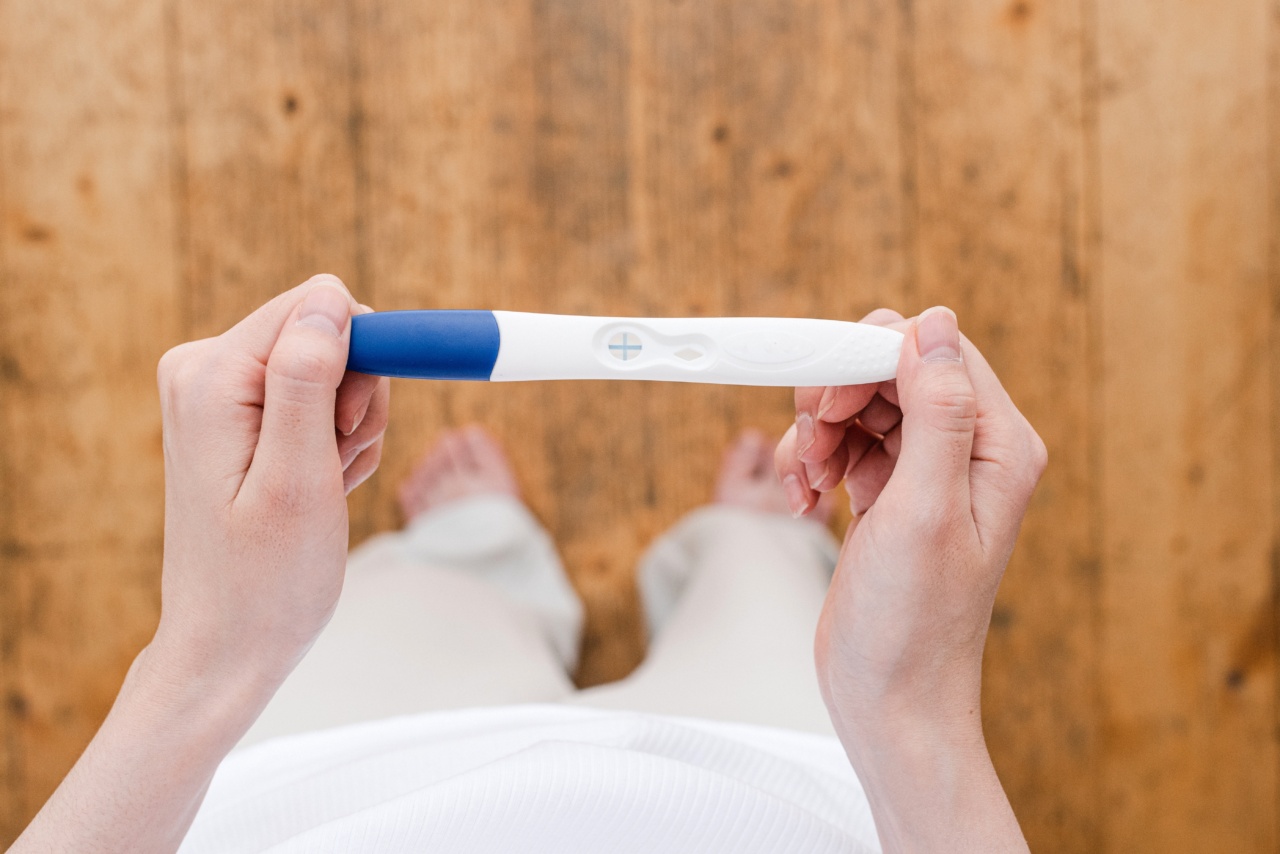When it comes to sex and childbearing, there are various aspects that individuals and couples need to be aware of and prepared for.
The journey of transitioning into parenthood brings about changes in both physical and emotional aspects of a person’s life, including their sexual experiences. Understanding what to expect during this phase can help couples navigate the challenges and maintain a healthy and satisfying sexual relationship.
Sex plays a crucial role in the process of childbearing, as it is the primary means of conception.
Couples who are considering starting a family need to be prepared for the potential challenges and adjustments that can occur in their sex life throughout the journey to parenthood. It is important to have open and honest discussions about expectations, desires, and concerns regarding sex and childbearing.
Changes in Sexual Desire during Pregnancy
Pregnancy brings about a myriad of physical and hormonal changes in a woman’s body. These changes can significantly impact sexual desire and libido.
Some women may experience an increase in their sexual desire during pregnancy, while others may experience a decrease. Understanding and accepting these changes are crucial for both partners to ensure a healthy and harmonious sexual relationship.
Physical Changes and Challenges in Sexual Intimacy
As the pregnancy progresses, women’s bodies undergo significant physical changes. Weight gain, hormonal fluctuations, and the growth of the fetus can all affect the physical aspects of sexual intimacy.
Some women may experience discomfort or pain during sex due to the pressure on certain areas of the body. Open communication, experimentation with different positions, and being sensitive to each other’s needs can help overcome these challenges.
Navigating Emotional and Psychological Aspects of Sex and Childbearing
Pregnancy can bring about a range of emotional and psychological changes in both partners. For some, the anticipation of becoming parents can enhance their emotional connection and desire for intimacy.
However, for others, concerns about the upcoming responsibilities or fears regarding the impact on their relationship can create emotional obstacles. It is important to communicate openly, validate each other’s feelings, and seek professional support if needed.
Communicating with Your Partner about Sex and Expectations
Effective communication is vital when it comes to sex and childbearing. Each partner may have different expectations, needs, and concerns.
It is important to create a safe and non-judgmental space for open conversations about desires, fears, and any changes experienced throughout the journey. Finding ways to compromise and accommodate each other’s needs can help maintain a strong and satisfying sexual bond.
Safe Sex Practices During Pregnancy
During pregnancy, it is crucial to prioritize both the mother’s and the baby’s safety. It is generally safe to continue having sex during a normal, healthy pregnancy.
However, certain conditions or complications may require modifications or abstinence from sexual activity. It is essential to consult healthcare professionals to ensure the safety and well-being of both the mother and the baby.
Sexual Positions and Techniques in Different Stages of Pregnancy
As the pregnancy progresses, certain sexual positions may become more comfortable or challenging. Experimenting with different positions and techniques can help find what works best for both partners.
It is essential to pay attention to the comfort and safety of the pregnant partner, avoiding positions that exert excessive pressure on the abdomen.
Postpartum Sex: Resuming Intimacy after Childbirth
After giving birth, couples often face challenges when it comes to resuming sexual intimacy. Physical recovery, fatigue, hormonal changes, and the demands of caring for a newborn can all impact sexual desire and frequency.
It is important to be patient and understanding during this phase, allowing the body to heal and gradually reintroducing intimacy when both partners feel comfortable.
Dealing with Body Image Issues and Self-Confidence
Pregnancy and childbirth can bring about changes in body image and self-confidence for both partners. It is important to communicate openly about any insecurities and offer support and reassurance to each other.
Engaging in activities that promote body positivity and self-care can also help improve self-confidence and overall well-being.
Seeking Professional Help and Support
If couples are facing significant challenges or struggles when it comes to sex and childbearing, seeking professional help can be beneficial.
Sex therapists, counselors, or healthcare professionals specializing in sexual health can provide guidance, support, and strategies to address specific concerns and improve intimacy during this transformative phase.





























